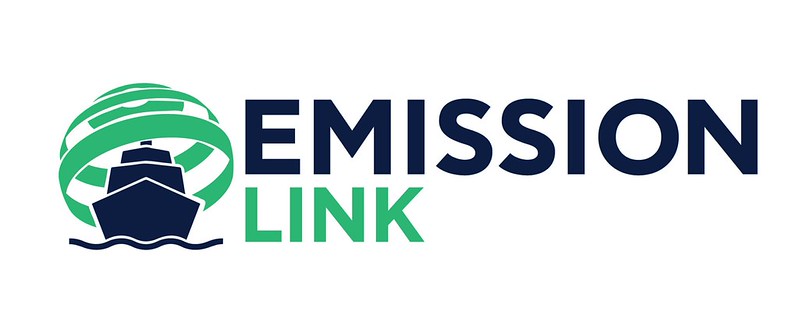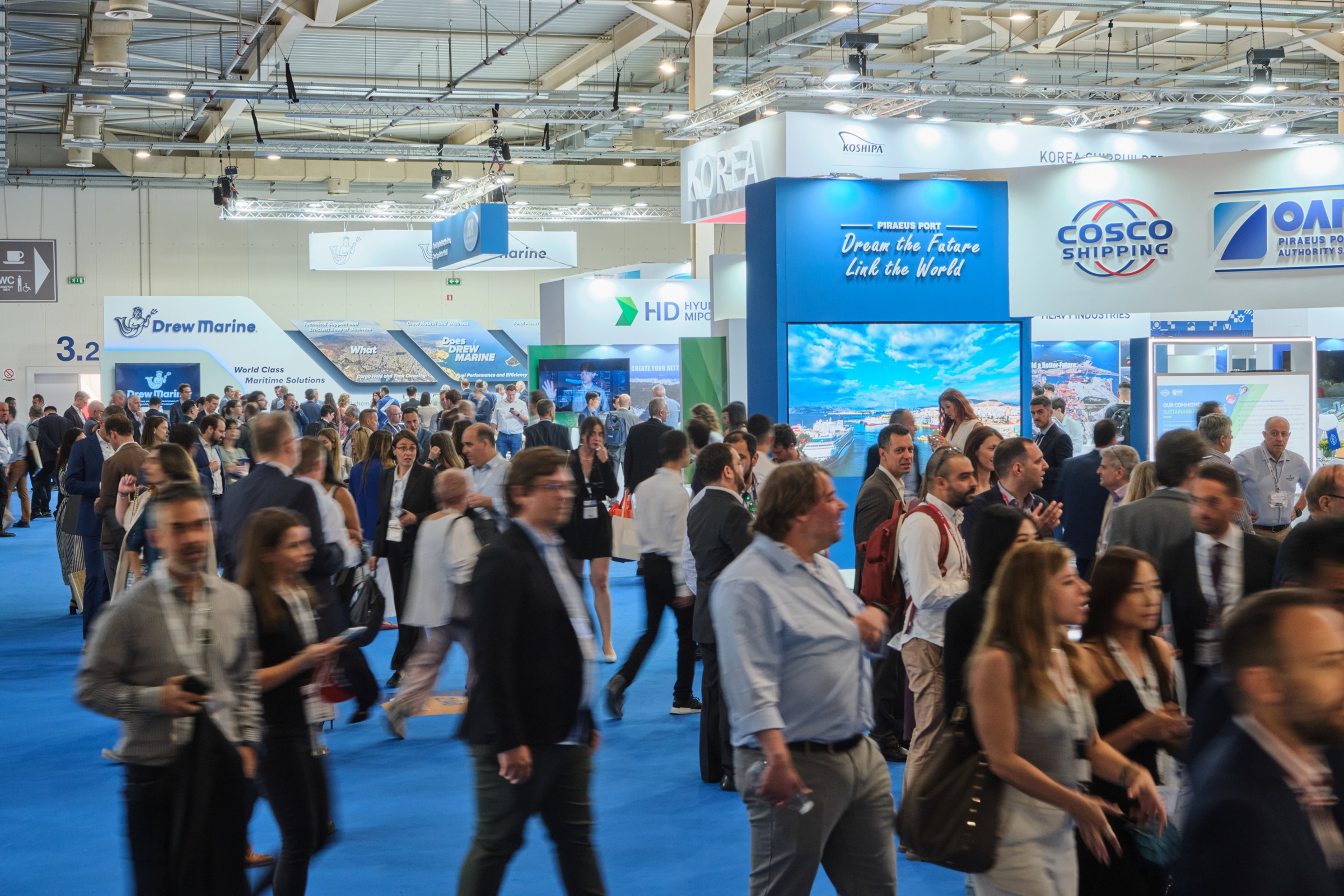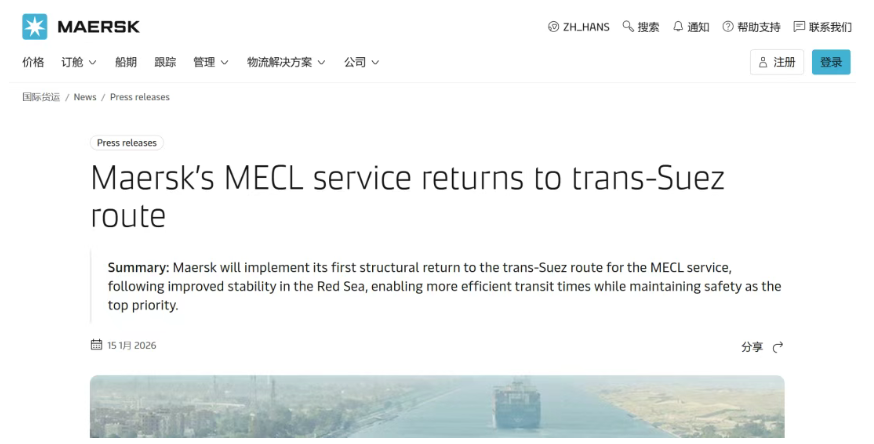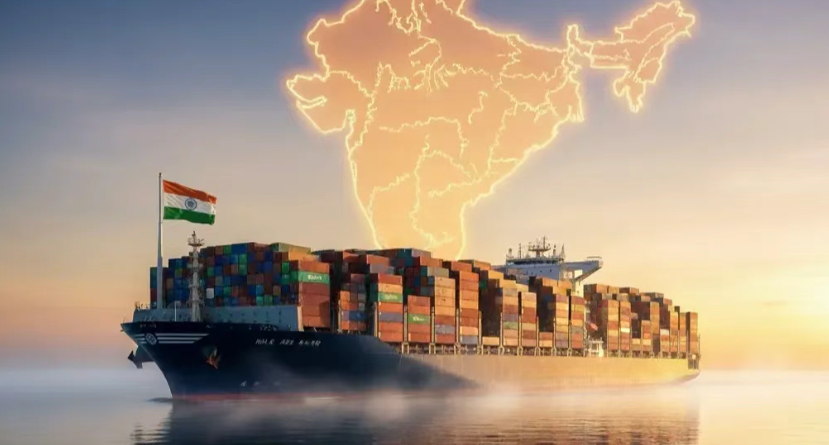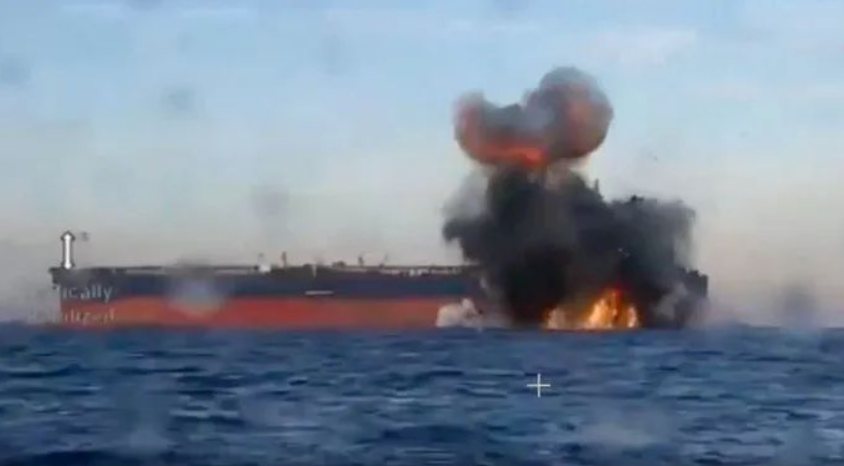
The European Commission presented five legislative proposals to modernise EU rules on maritime safety and prevent water pollution from ships. With 75% of the EU’s external trade being seaborne, maritime transport is not only the artery of a globalised economy, but also a lifeline for the EU’s islands, peripheral and remote maritime regions. Although maritime safety in EU waters is currently very high, with few fatalities and no recent major oil spills, more than 2,000 marine accidents and incidents are still reported every year.
The proposals will equip the EU with new tools to support clean and modern shipping. They will align EU rules with international regulations, securing a level-playing field for the sector while improving implementation and enforcement through digitalisation and more EU cooperation. The European Maritime Safety Agency (EMSA) will play a prominent role in the implementation of the new requirements through the support it will offer Member States administration to enforce the new rules. A separate proposal puts forward changes to EMSA’s mandate and incorporates these new tasks.
Modernised maritime safety rules
Three out of the five proposals are focusing on modernising and improving maritime safety rules. They pay special attention to port State control and maritime accident investigations, strengthening the enforcement of rules to reduce incidents and accidents, ultimately preventing loss of human life and environmental pollution.
The package of proposals includes:
·Clear requirements for flag State inspections, based on international rules, as well as specific EMSA trainings for national administrations to enhance the controls that Member State authorities have over their fleets. This will improve maritime safety and reduce the risks of environmental pollution, ensuring that EU flag States continue to stand for high quality shipping services. The proposal facilitates information-sharing between flag States on the results of inspections they carry out and compliance issues in general. EMSA will support this cooperation through a revised professional development and training programme for flag State inspectors.
·Port State control will be extended to cover additional international rules, such as new Conventions on ballast water and sediments and removal of wrecks. The proposal also updates the way ships are targeted for inspection, to reflect new requirements and will attach more importance to the environmental related performance and deficiencies of ships, in determining their risk profile. Other changes will further improve Member States’ capacity to detect and correct lack of compliance with safety or with environmental and pollution prevention rules and standards.
·The scope for Port State control and accident investigation will be extended for fishing vessels, where significant safety concerns persist. Member States can choose to apply port State control for fishing vessels measuring over 24 metres calling at EU ports. At the same time, for the most serious accidents involving smaller fishing vessels measuring less than 15 metres, Member States would have to report and screen them for possible lessons to be learned. Flag State and port State control operations will be digitalised and the uptake of electronic certificates will be encouraged. This will notably be made possible thanks to EMSA’s IT systems and databases.
·National accident investigation bodies will receive further support from EMSA. A pool of experts of different disciplines will be available upon request, as well as specialised tools and equipment.
Tackling ship-source pollution
Today’s proposals also aim to prevent any type of illegal discharges into European seas, which is essential to lower the environmental impact of maritime transport activities and preserve the marine ecosystem. Achieving this requires that illegal discharges are detected, infringements are pursued and perpetrators of illegal activities are sanctioned.
To achieve this, the proposal:
·Aligns EU rules with international regulations and extends the scope to cover a wider range of polluting substances. In addition to illegal discharges of oil and noxious liquid substances, which were covered under existing rules, the Commission proposes to also include discharges of harmful substances carried in packaged form, sewage, garbage, as well as discharge waters and residues from Exhaust Gas Cleaning Systems (scrubbers).
·Optimises CleanSeaNet - EMSA’s surveillance and information sharing database and provides for information sharing and follow up obligations by national authorities responsible for the detection and verification of potential pollution. The enhanced system will facilitate timely enforcement as well as cooperation between Member States in case of cross-border ship-source pollution incidents.
·Establishes a strengthened legal framework for penalties and their application, enabling national authorities to take adequate action in case of illegal discharge and impose penalties, such as fines. The proposal puts forward minimum criteria for the effective application of administrative penalties, such as the gravity of the discharge, its impact on the environment or the financial strength of the responsible entity.
Revamped mandate for European Maritime Safety Agency
The proposal updates EMSA’s mandate to better reflect the growing role the Agency plays in many maritime transport areas, including safety, pollution prevention and environmental protection, climate action, security, surveillance and crisis management, and digitalisation – including the new safety and sustainability tasks emanating from this legislative package.
For example, the Commission and the Member States will rely on EMSA’s support when implementing the FuelEU Maritime Regulation and extending the EU Emissions Trading System to maritime transport. The Agency will also continue assisting the Commission and the Member States with maritime surveillance, cybersecurity resilience and crisis preparedness and play a significant role in simplifying reporting between Member States through the use of IT tools, while continuing to offer training and capacity building for Member States administrations.
Next steps
The proposals will now be considered by the European Parliament and the Council in the ordinary legislative procedure.
Background
As laid out in the EU Green Deal, the Smart and Sustainable Mobility Strategy and the Zero Pollution Action Plan, the Commission has a vision to set shipping on a path towards zero emissions, pollution and accidents. Today’s proposals are part of the concrete outcome of the Commission’s sustainable and smart mobility engagements. As part of the Fit for 55 package, the EU has decided to extend the EU ETS to maritime transport, and has adopted the FuelEU Maritime Regulation. Both legislative texts will contribute to the transition to decarbonised shipping. Clean technologies and fuels will also support the sustainability and zero pollution agenda.
Source: European Commission
Source: European Commission
The opinions expressed herein are the author's and not necessarily those of The Xinde Marine News.
Please Contact Us at:


